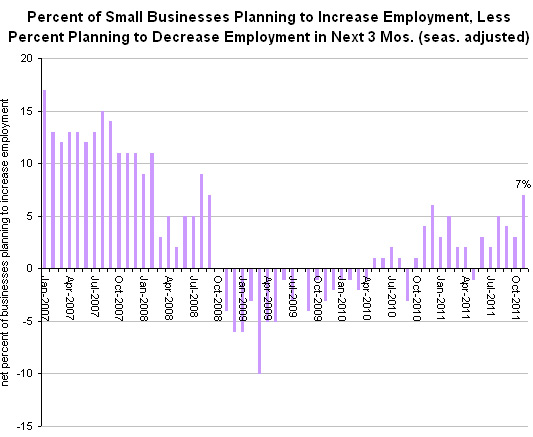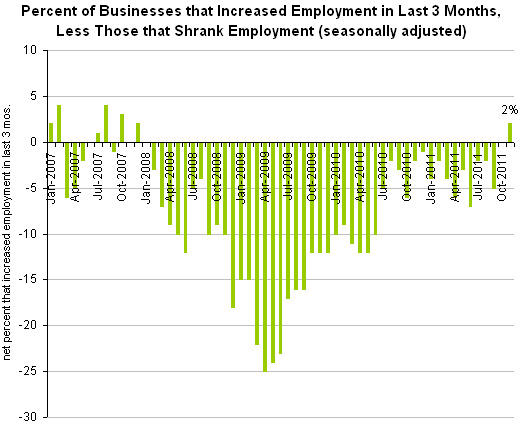More than 110,000 people are serving time for what Russia calls “economic crimes,” out of a population of about three million self-employed people and owners of small and medium-size businesses. An additional 2,500 are in jails awaiting trial for this class of crimes that includes fraud, but can also include embezzlement, counterfeiting and tax evasion.
But with the Russian economy languishing, President Vladimir V. Putin has devised a plan for turning things around: offer amnesty to some of the imprisoned business people.
“This can be understood in the Russian context,” Boris Titov, Mr. Putin’s ombudsman for entrepreneurs’ rights, said of what is, even by the standards of the global recession, a highly unusual stimulus effort.
The amnesty is needed, he said, because the government had “overreacted” to the threat of organized crime and the inequities of privatization and over-prosecuted entrepreneurs during Mr. Putin’s first 12 years in power as president and prime minister.
Russia’s economy does need help. In the first quarter, growth fell to a rate of 1.6 percent because oil prices are level. And in that economic climate, few Russians seem willing to risk opening a new business that might create jobs and tax revenue for the government.
Mr. Putin told an audience of chief executives at an economic forum, including Michael L. Corbat of Citigroup and Jeffrey R. Immelt of General Electric, that releasing some businessmen would help revive the economy with “the values of economic freedom and the work and success of entrepreneurs.”
In 2010, the police investigated a total of 276,435 “economic crimes,” according to the Russian prosecutor general’s office, whose statistics show burglary and robbery are prosecuted less than economic crimes.
So many Russian business owners are doing time that support groups have sprung up in Moscow for their families known as “The 159 Society.” It takes its name from the article on fraud in the criminal code. Rus Sidyashchaya, or Russia Behind Bars, organizes weekly dinners for the wives of imprisoned businessmen.
Russia’s infamous penal colonies, rural camps swirled in barbed wire, appear today much as they did when Aleksandr Solzhenitsyn wrote “The Gulag Archipelago” in the 1960s. But at least one of every 10 prisoners today is a white-collar convict.
In the “zone,” as the prison camps are known in colloquial Russian, the business owners live, as nearly all Russian prisoners do, in squat wood or brick barracks. It is a grim, violent and disease-ridden world, they say.
These newcomers are for the most part nonviolent, though many are recidivists. Several indicated in interviews that they did well in prison, having the skills that matter: the ability to boss around other inmates, avoid abuse and bargain with the guards for little extras like cigarette butts or pillows.
Mr. Titov, an amiable former oil products trader who speaks bluntly about corruption in spite of his government job, spends his time combing through the list of economic criminals with a team of lawyers, trying to free as many as possible. “We fight for every one,” he said.
One of those Mr. Titov championed was Ruslan V. Tyelkov, whose short arc from businessman to inmate illustrates both the entrepreneurial spirit that still simmers in Russia and the risks. Mr. Tyelkov, a strapping 32-year-old from Moscow, invested nearly his last ruble to open a wholesale upholstery business that could hardly have gone wrong in Russia: selling leopard-print fabrics.
In 2010, Mr. Tyelkov spent the equivalent of $31,000 for 25,000 yards of Chinese-made leopard-print fabric suitable for chairs and sofas. “It’s very popular here, not only for furniture but cloths, wallpaper, sheets, shoes, bags, everything.”

Article source: http://www.nytimes.com/2013/08/09/business/global/russias-stimulus-plan-open-the-gulag-gates.html?partner=rss&emc=rss


